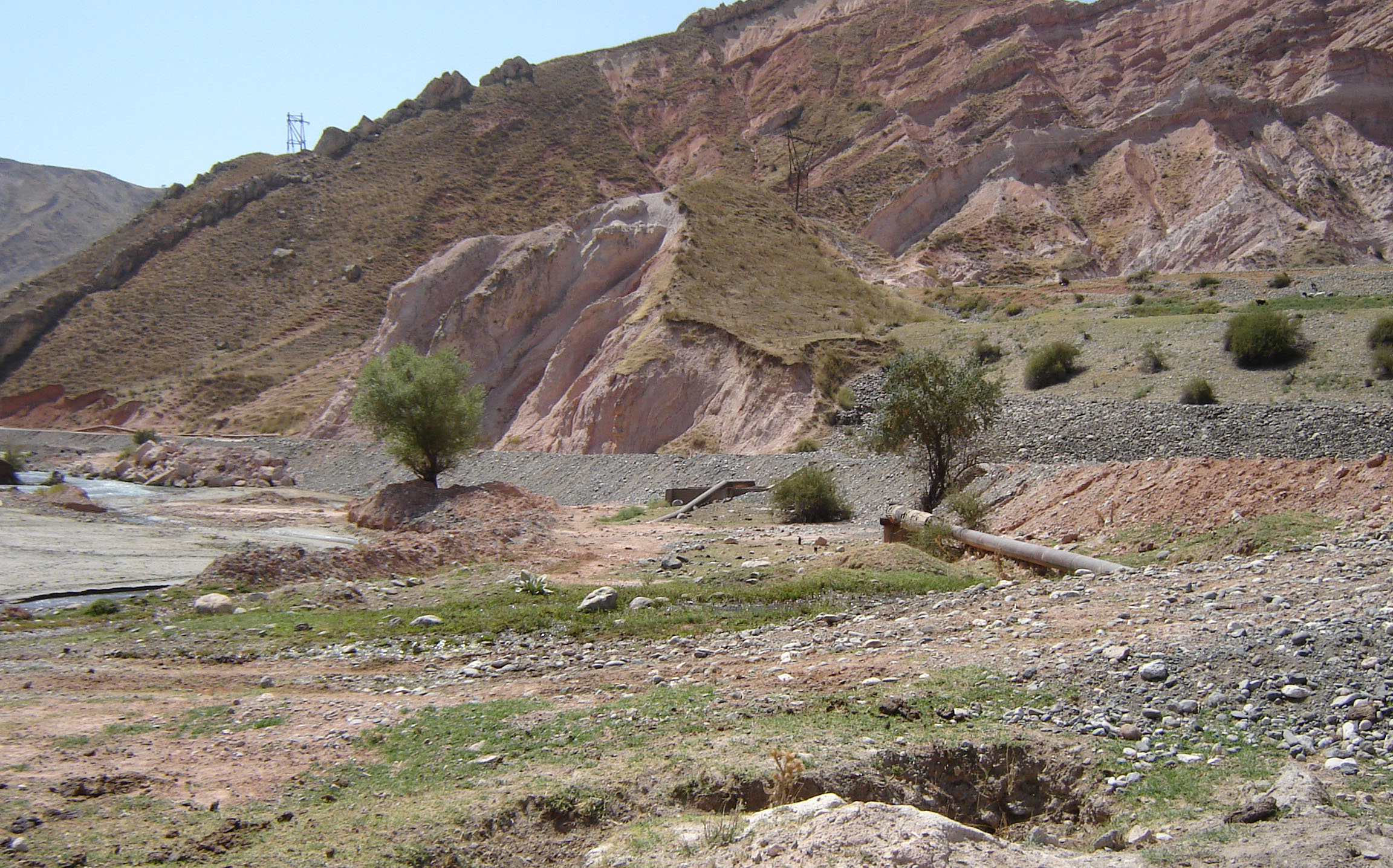“The issue of uranium waste dumps and industrial waste in Central Asia is a very serious one and if there is not an urgent and effective solution to it, it can be the reason for serious implications for millions of people in the region. The mitigation of those implications might require dozens of years and substantial resources,” Neal Walker, head of the UN Development Programme (UNDP) and UN system in Kyrgyzstan, said.
The 21-24 April conference is co-organised by the Kyrgyz government and UNDP.
“Today is the day to take urgent protective measures, to rehabilitate waste dumps and secure the lives of people living in those areas,” Walker said.
He said the UN and international community were interested in this issue not only to mitigate the environmental and health risks but also the real risk that uranium waste could be used for extremist purposes.
One of the primary goals of the event - entitled Uranium waste dumps: local problems, regional implications, global solution - is to coordinate the efforts of Central Asian governments and the donor community.
“Highly toxic”
Isabek Torgoev, head of the Geopribor Scientific and Engineering Research Centre in Bishkek, told IRIN Soviet-era uranium mining and processing had resulted in “highly toxic waste dumps, which are very often within human settlements or in the vicinity of them.”
In the past few years, due to socio-economic problems, maintenance of the dumps had deteriorated, he said, pointing out that many of them were in areas prone to earthquakes.
Temir Junushaliev, Kyrgyz deputy emergencies minister, said there are 92 sites in Kyrgyzstan where uranium waste is stored. “The problem is that these sites are not protected or guarded, and in some cases local people were digging them up [in search of scrap metal],” he said.
Experts have identified that there is a risk of radioactive contamination in the region, Junushaliev said. Some 6,500 hectares in Kyrgyzstan have been exposed to radioactive contamination. The 92 waste dumps hold 254 million cubic metres (475 million tonnes) of waste.
Money needed
Junushaliev said about US$42 million was necessary to rehabilitate waste dumps, reduce the environmental threat and prevent possible environmental disasters in the region. However, Kyrgyzstan, where per capita gross national income was about $780 in 2008, is unable to tackle the issue on its own and needs support, say experts.
Echoing that view, the UNDP’s Walker said: “Countries in the region do not have enough financial and technical resources to maintain those facilities.”
Sulton Rakhimov, an expert from the office of the Tajik president, stressed the need for joint action, while Usen Usupov, an adviser to the Kyrgyz prime minister, told IRIN a framework document on the issue would be drawn up ahead of the international forum on uranium tailings set to take place on 29 June in Geneva. The document would include business ideas, estimates on required financial resources and prioritised project proposals.
gm/at/cb
This article was produced by IRIN News while it was part of the United Nations Office for the Coordination of Humanitarian Affairs. Please send queries on copyright or liability to the UN. For more information: https://shop.un.org/rights-permissions
